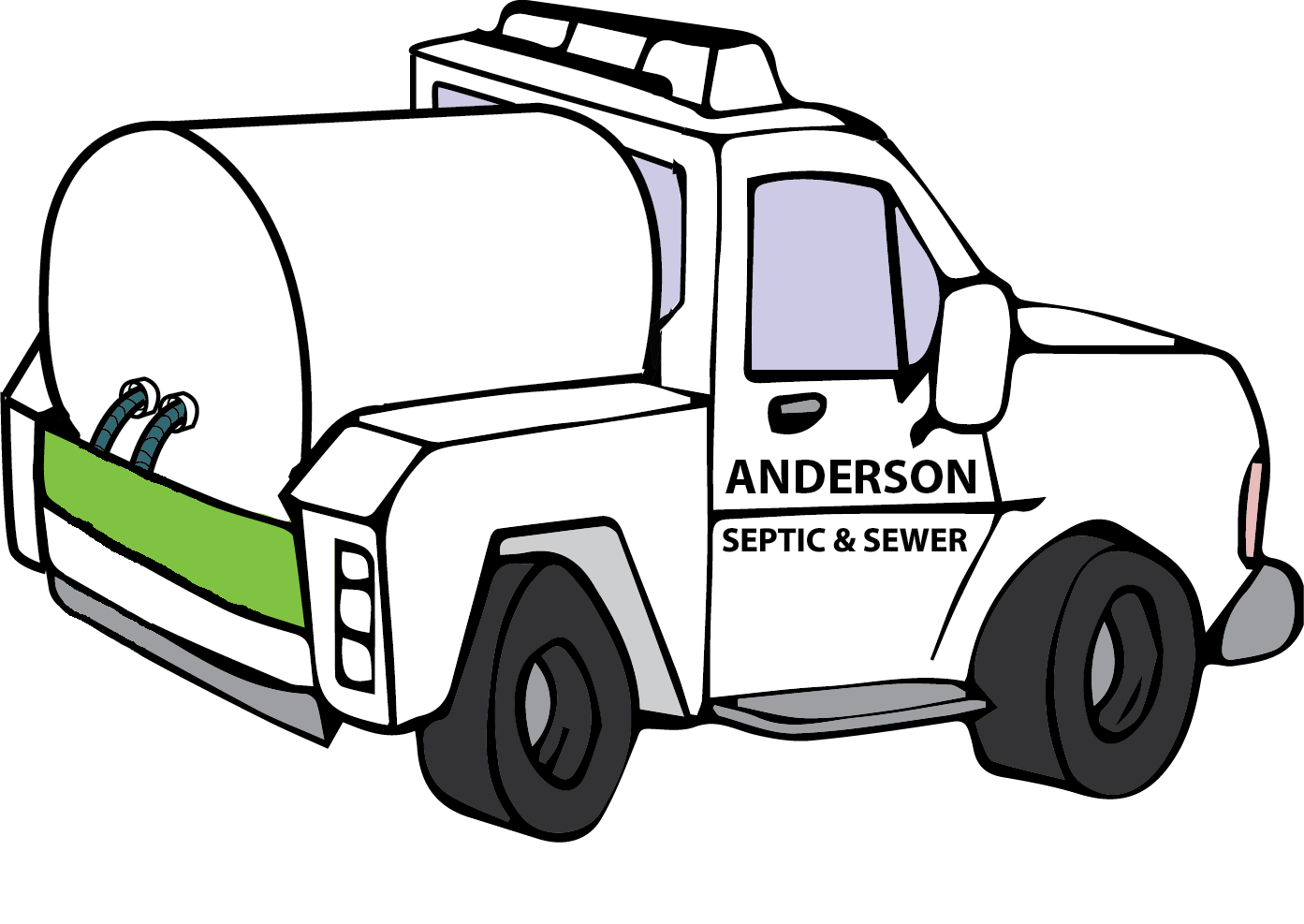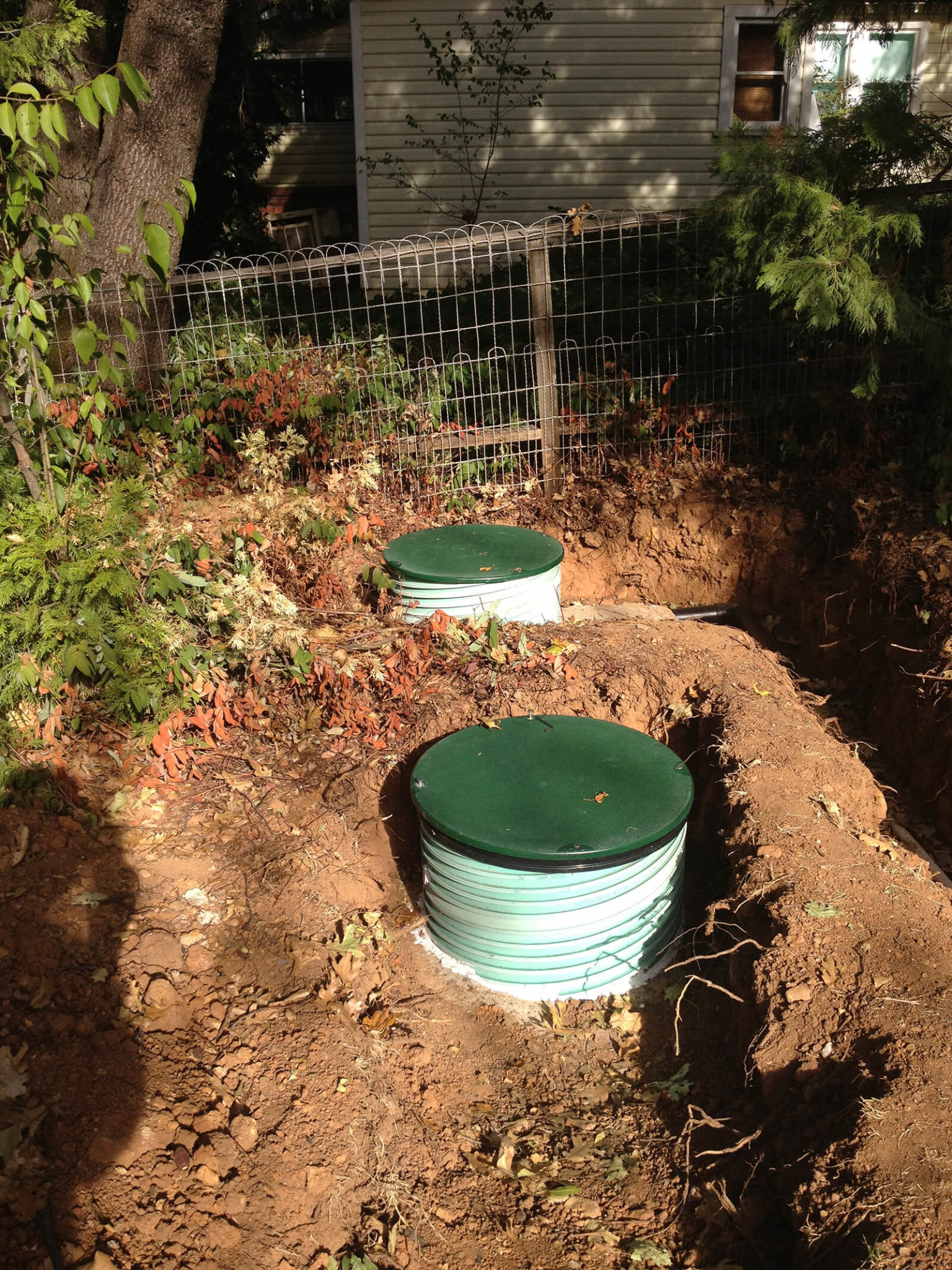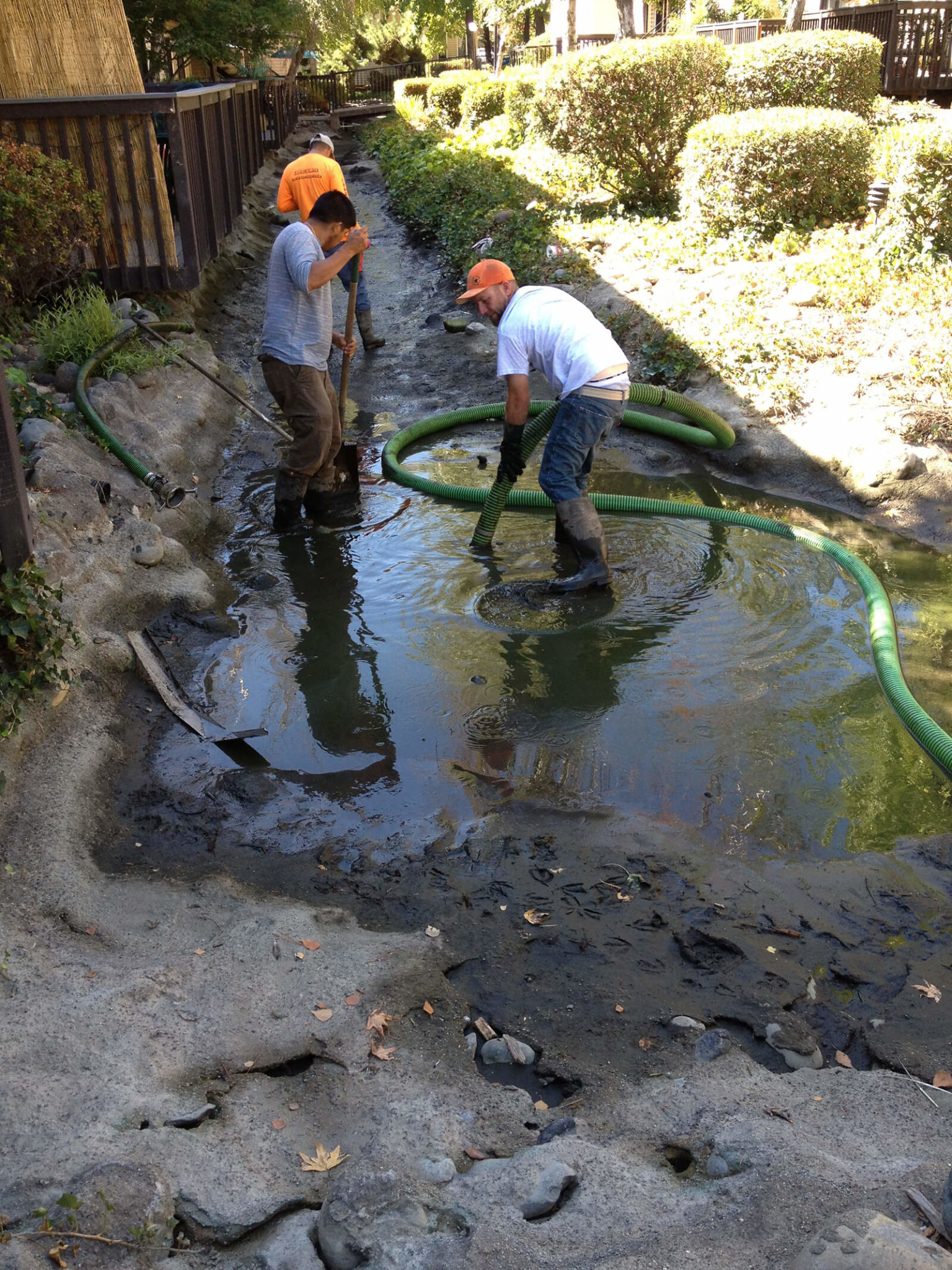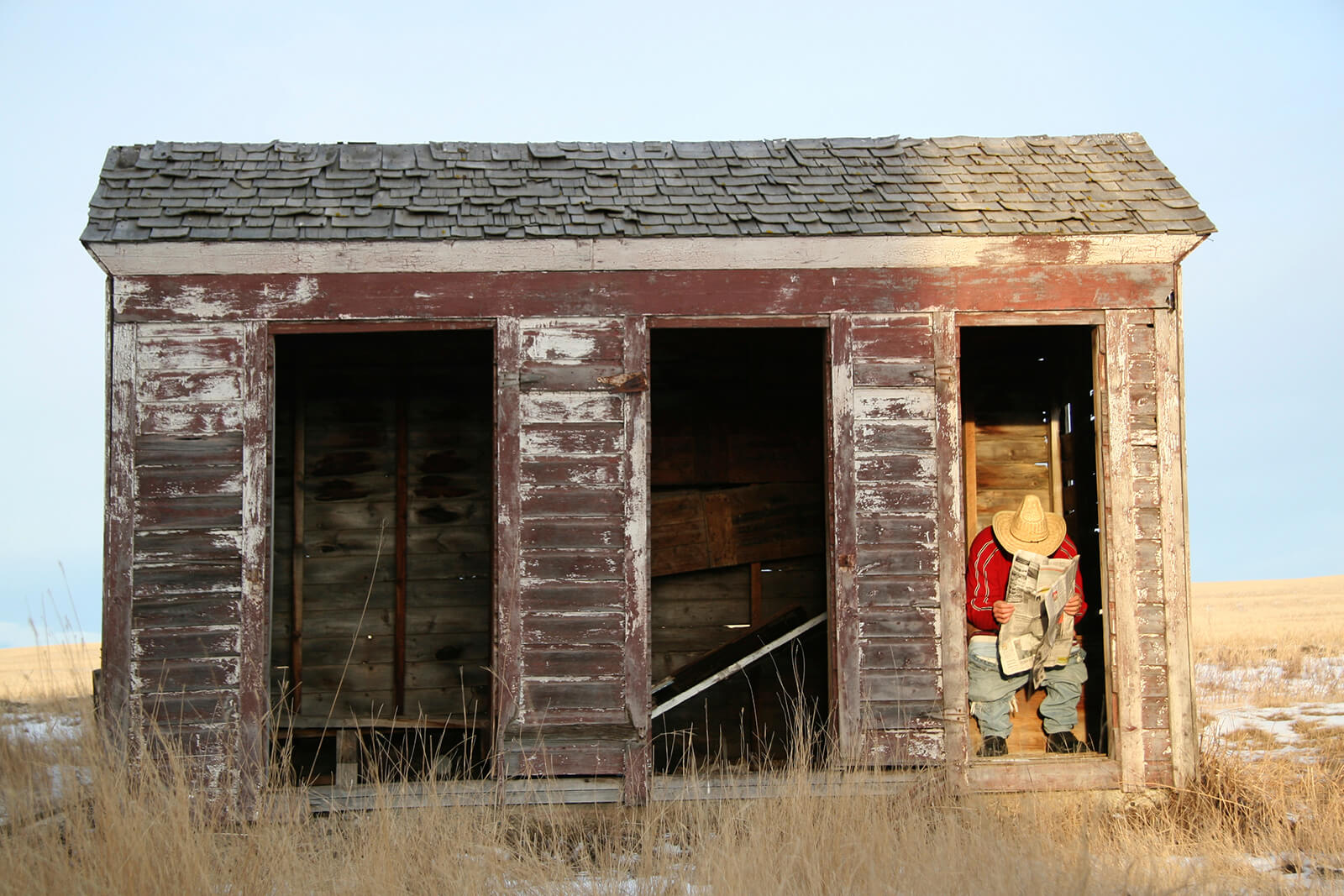“Rule 1: The customer is always right.
Rule 2: If the customer is ever wrong, re-read Rule 1.” – Stew Leonard
“Without a sense of caring, there can be no sense of community.” – Anthony Burgess
““To give real service you must add something which cannot be bought or measured with money, and that is sincerity and integrity.” – Douglas Adams
“Better three hours too soon than a minute too late” – William Shakespeare
“There are no traffic jams along the extra mile” – Roger Staubach
“An ounce of prevention is worth a pound of cure.” – Benjamin Franklin
- Open Menu



